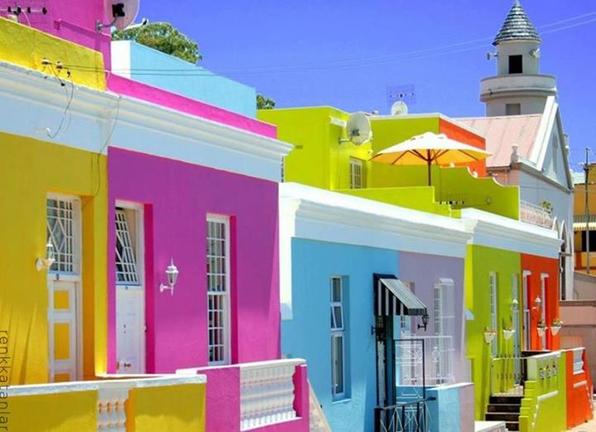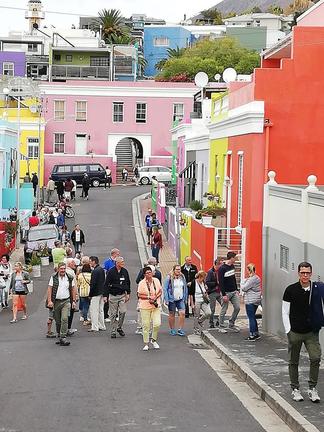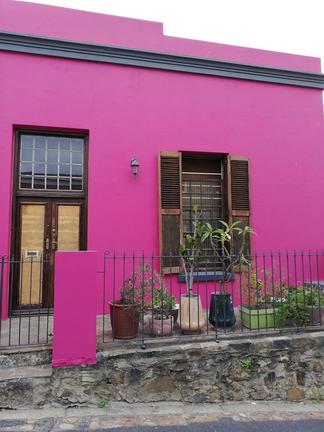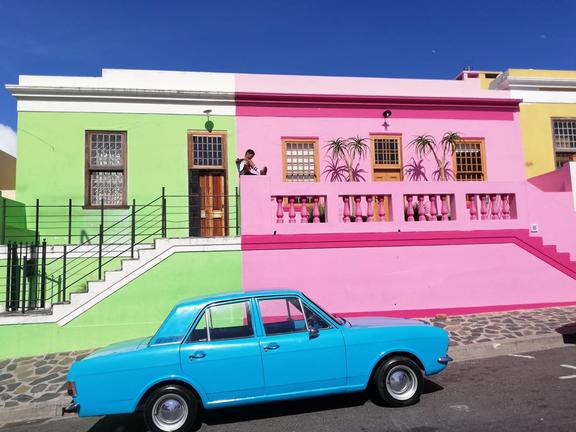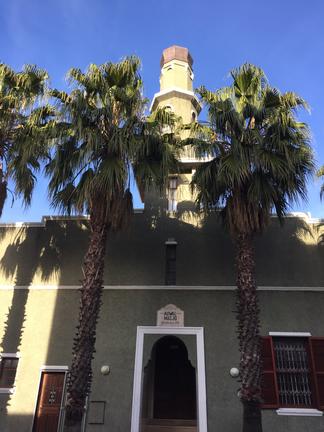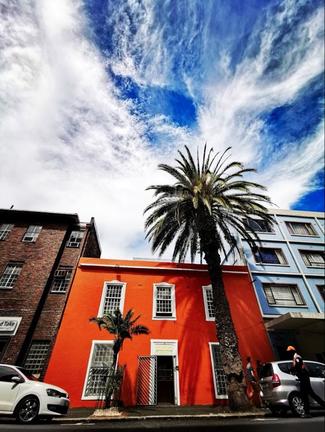The heart of the Bo-Kaap can be found in the intoxicating aromas of the spices, rice and rare products from around the world in the family-owned, Atlas Spices. Not only is this delightful shop in the heart of the most photographed, bright and colourful district of Cape Town, but the spices it sells are also the heart of the history of the people of the Bo-Kaap.
At the founding of Cape Town, when it was nothing more than a revictualling and trading stop on the Dutch East India Company routes around the Cape, slaves and political prisoners from Indonesia, Malaysia, East Africa, Madagascar and India were transported here. The majority were Muslims and Malay the most common language. The result was that the term ‘Malay’ came to represent all Muslims in the Cape, irrespective of their original homelands. It defined their language, customs, beliefs and food. The place where they were settled became the Bo-Kaap. It is instantly recognisable by its multi-coloured houses, cobbled streets, spice shops and local mosques.
It is this colourful community that your local specialist guide will lead you through, along narrow, cobblestone streets, past small, vibrantly painted homes, quaint shops like Atlas Spice Outlet, local crafters and artists, as well as the mosques which dot the neighbourhood. This includes the Auwal Masjid, also known as the First Mosque.
The Auwal Masjid is the first and oldest mosque in South Africa. The first imam was Imam Abdullah Kadi Abdus Salaam. During the first British occupation of the Cape of Good Hope in 1794, the Auwal Masjid was built on land belonging to the freed slave Coridon van Ceylon. Its construction was made possible through General Craig who, for the first time, permitted Muslims to pray in public in the Cape Colony. Since then, the mosque has been a symbol of the struggle for religious freedom of Cape Muslims.
